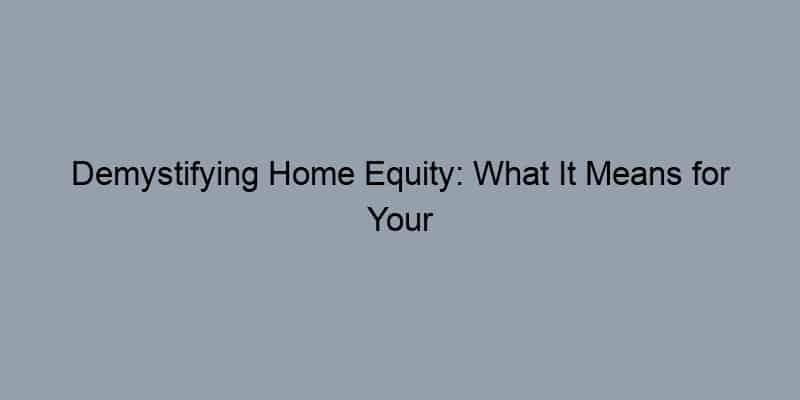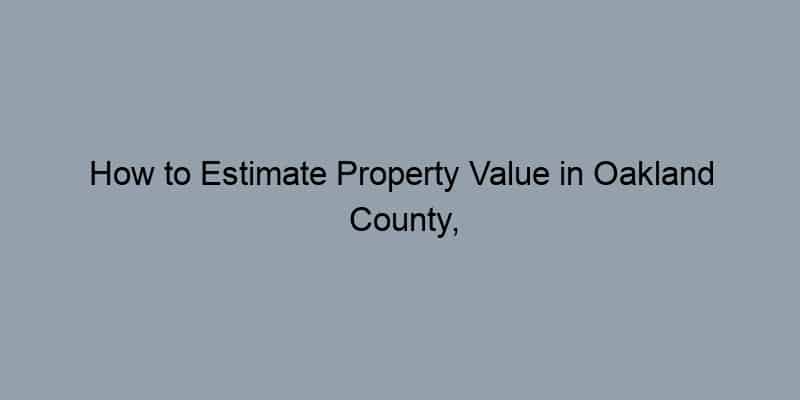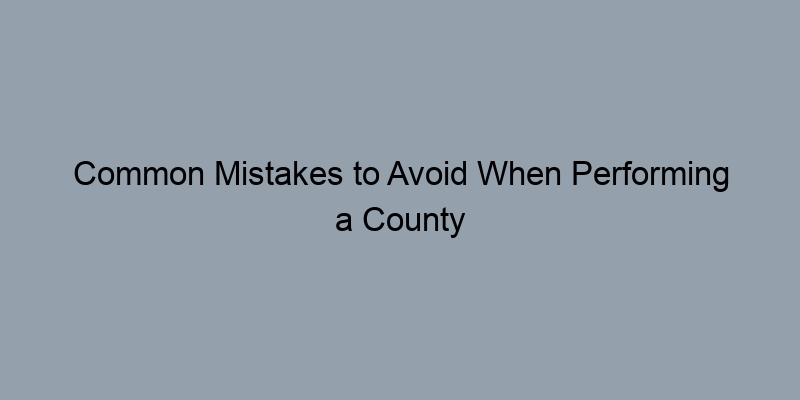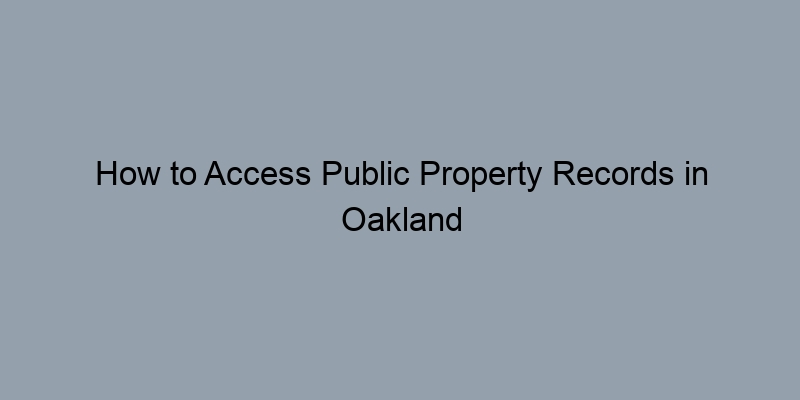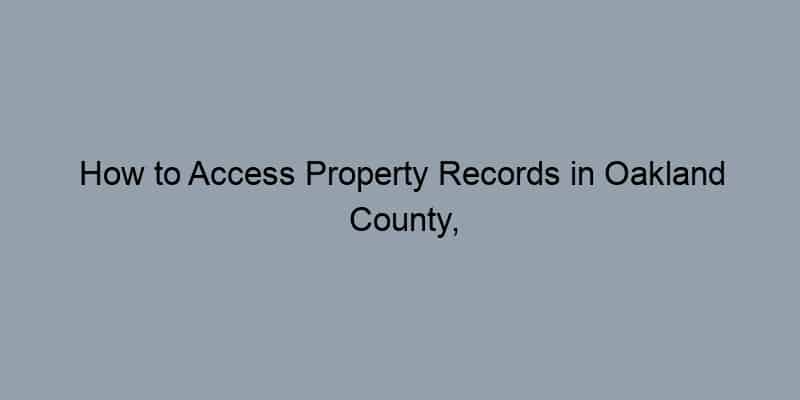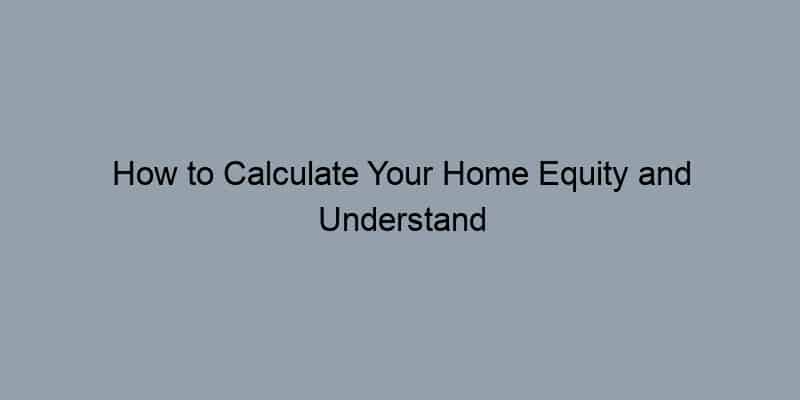If you’ve ever asked yourself, “What’s my home worth?”, you’re not alone. Whether you’re planning to sell, refinance, or simply curious about your property’s value, understanding how to get an accurate home value estimate is crucial. In today’s real estate market, property values fluctuate frequently due to changing economic conditions, buyer demand, and neighborhood developments. Fortunately, there are several reliable methods to determine your home’s true worth.
In this blog, we’ll explore how to estimate your home’s value accurately, the tools and professionals involved, and why knowing your home’s worth is a key step in making informed real estate decisions.
Why Knowing Your Home’s Value Matters
Before we dive into the methods, it’s important to understand why an accurate home valuation is essential.
Selling Your Property
If you’re putting your house on the market, pricing it correctly can make or break the sale. An overpriced home can sit on the market for months, while an underpriced home can lead to lost profits. A realistic estimate gives you a competitive edge and helps attract serious buyers.
Refinancing Or Applying For Loans
Lenders require a precise home value estimate to approve refinancing or home equity loans. Knowing your property’s value can help you qualify for better rates and borrowing terms.
Investment And Tax Purposes
Homeowners often need updated valuations for investment tracking, tax assessments, or estate planning. Regularly reviewing your home’s worth ensures you’re financially prepared for the future.
How To Get An Accurate Home Value Estimate
There’s no one-size-fits-all approach to estimating property value. Instead, use a combination of the following methods to get the most accurate results.
Online Home Value Estimators
Online home value calculators or Automated Valuation Models (AVMs) are a convenient starting point. Tools from Zillow, Redfin, Realtor.com, and other platforms use public property records, recent sales data, and market trends to provide a ballpark estimate.
Pros:
- Fast and free
- Great for getting a general idea
Cons:
- May not consider home upgrades or neighborhood nuances
- Accuracy can vary depending on data quality
Comparative Market Analysis (CMA)
A Competitive Market Analysis is a detailed report provided by real estate professionals that compares your property to recently sold homes in your area with similar features.
Pros:
- More accurate than online tools
Based on local market expertise
Cons:
- Requires access to MLS data
- May cost a fee unless provided by a real estate agent as part of a listing agreement
Professional Home Appraisal
Hiring a certified appraiser gives you the most precise valuation of your home. Appraisers assess your property’s condition, size, features, location, and market conditions to deliver an unbiased report.
Pros:
- Highly reliable and used by lenders
- Legally recognized for financial transactions
Cons:
- Costs typically range from $300 to $500
- Requires scheduling and on-site inspection
County Property Records
Public property records from your local county office can provide historical data on your property, including past sale prices and assessed values for tax purposes.
Pros:
- Easily accessible
- Useful for understanding long-term value trends
Cons:
- Assessed value often differs from market value
- May not reflect recent home improvements or market changes
Factors That Affect Your Home’s Value
Several variables can influence the final valuation of your property:
Location And Neighborhood
Proximity to schools, parks, transportation, and commercial centers can boost your home’s value. A desirable location often means higher demand and increased prices.
Property Size And Layout
Square footage, number of bedrooms and bathrooms, and the overall floor plan all play a role. Homes with open layouts or additional living space usually command higher prices.
Condition And Age
Well-maintained homes with modern upgrades (such as new roofing, plumbing, or energy-efficient windows) are generally worth more than those needing repairs or renovations.
Market Conditions
The balance of supply and demand in the housing market, interest rates, and economic trends can significantly impact property values.
Comparable Sales (Comps)
The selling prices of similar homes in your area – known as comps – are among the strongest indicators of your home’s current market value.
Tips For Increasing Your Home’s Value
If your estimate is lower than expected, here are a few ways to increase your property’s worth:
- Renovate key areas like kitchens and bathrooms
- Improve curb appeal with landscaping and fresh paint
- Add energy-efficient features such as solar panels or smart thermostats
- Declutter and stage the interior for better presentation
Common Mistakes When Estimating Home Value
Avoid these pitfalls to ensure your estimate is as accurate as possible:
- Relying solely on online tools: They provide general insights but lack human judgment and local context.
- Ignoring recent upgrades or damages: These significantly impact your home’s condition and valuation.
- Comparing to outdated or irrelevant properties: Always use comps that match your home’s size, age, and location.
When Should You Re-Evaluate Your Home’s Worth?
- Before selling or refinancing
- After major renovations or upgrades
- When property taxes increase
During significant market shifts
Even if you’re not planning any immediate transactions, it’s wise to review your home’s value annually.
Conclusion: Take Control Of Your Home’s Value
Getting an accurate estimate of your home’s worth is one of the smartest moves you can make as a property owner. By combining online tools, comparative market analyses, professional appraisals, and public records, you can gain a reliable understanding of your property’s value.
At Official Property Records, we are committed to providing accurate, up-to-date, and reliable property record information to individuals, real estate professionals, and businesses. Our platform offers seamless access to essential property details, including ownership history, legal records, and market trends, helping users make informed decisions. By leveraging advanced technology and trusted sources, we ensure transparency and efficiency in property data retrieval. Whether you’re a homeowner, buyer, investor, or industry professional, our goal is to simplify the process of obtaining verified property records, making research and decision-making easier and more accessible.
Get Your Free Home Value Estimate Today
Ready to find out what your home is really worth? Start with a free, no-obligation home value estimate from trusted real estate professionals in your area. Whether you’re buying, selling, or refinancing, accurate information is your greatest asset.



